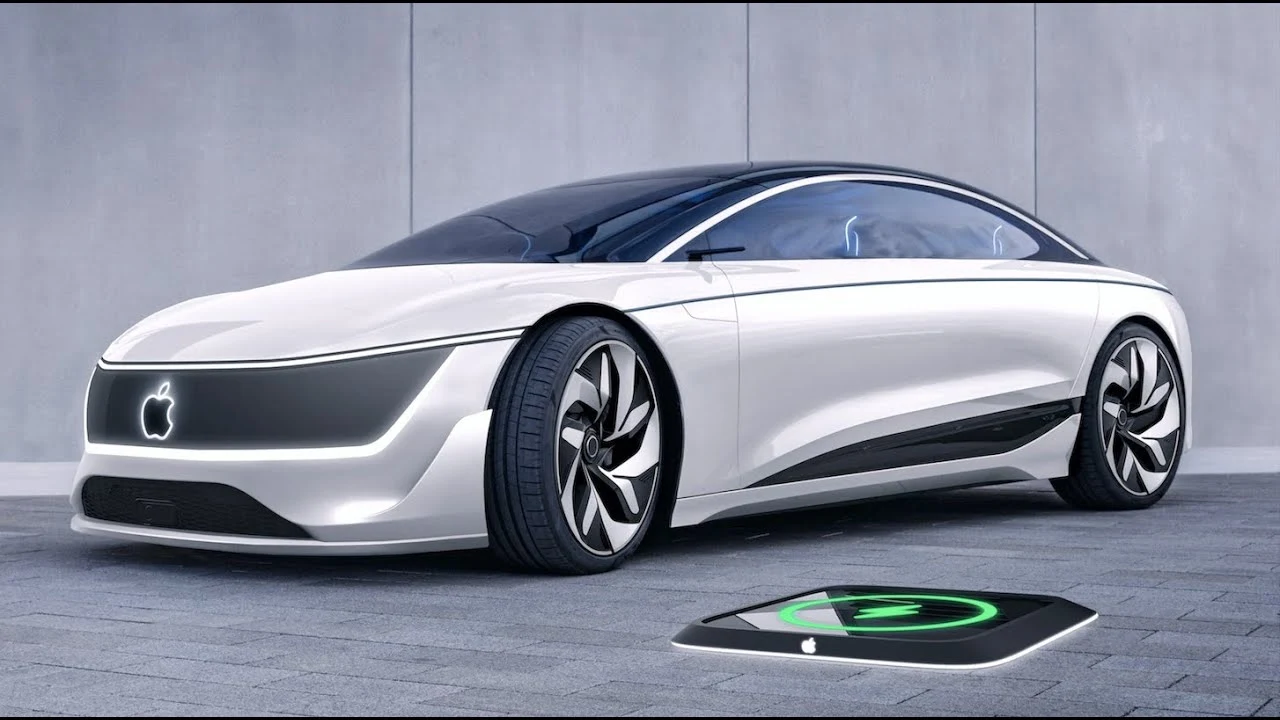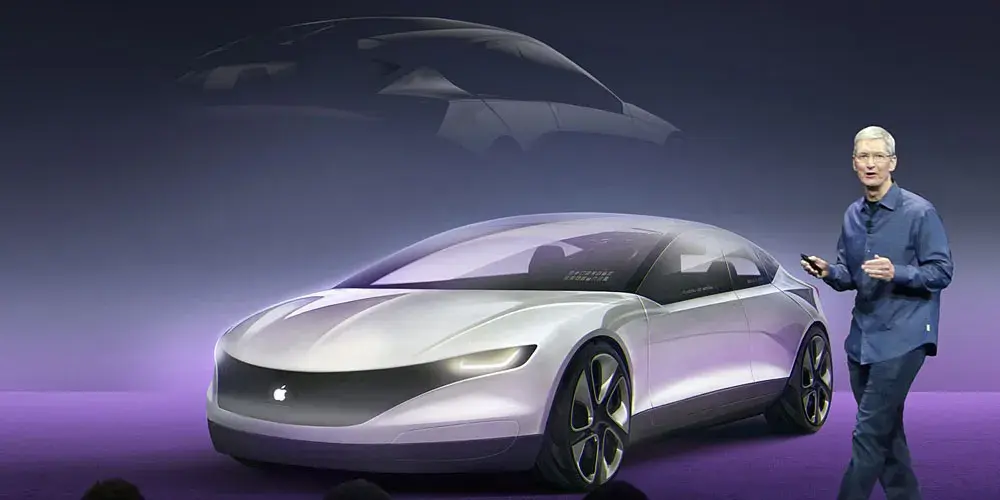For years, rumors swirled about the highly anticipated Apple Car, but it seems that the tech giant’s automotive ambitions have hit a roadblock. While the Apple Car was once seen as a potential game-changer in the industry, its development has ultimately come to a halt. So, what exactly went wrong?
Page Contents
The Hype and Anticipation Surrounding the Apple Car
The mere mention of Apple entering the automotive industry sparked excitement and speculation among tech enthusiasts and industry insiders alike. With its track record of innovative products and groundbreaking technologies, Apple seemed like the perfect candidate to disrupt the automotive market. The rumors and leaks surrounding the Apple Car project only fueled the situs togel resmi anticipation, with expectations reaching sky-high levels.
However, as the saying goes, “the bigger they are, the harder they fall.” The immense hype and anticipation placed an enormous burden on Apple to deliver something truly revolutionary. The pressure to meet these lofty expectations may have contributed to the downfall of the Apple Car project.

Challenges and Setbacks Faced by the Apple Car Project
Lack of Experience in the Automotive Industry
One of the key challenges Apple faced was its lack of experience in the automotive industry. While the company had successfully disrupted several industries before, including music and mobile phones, the automotive industry presented a whole new set of complexities and regulations. Developing a car requires extensive knowledge of engineering, manufacturing, supply chains, and safety regulations, which Apple had limited experience in.
Competition from Established Car Manufacturers
The automotive industry is not an easy one to penetrate, even for a tech giant like Apple. Established car manufacturers have decades of experience and a vast network of suppliers and partners that give them a competitive edge. These companies have invested heavily in research and development, producing vehicles with advanced features and technologies. Apple faced an uphill battle trying to compete with these industry giants, who were already well-established and trusted by consumers.
Technical Difficulties and Engineering Challenges
Developing a car is no small feat, and Apple quickly realized the technical difficulties and engineering challenges involved. From designing the vehicle’s body and chassis to integrating advanced technologies and ensuring safety, every aspect of the car required meticulous planning and execution. The complexity of the task may have overwhelmed Apple’s team, leading to delays and setbacks in the development process.
Regulatory and Legal Hurdles
The automotive industry is heavily regulated, with stringent safety and environmental standards that must be met. Navigating the complex web of regulations and obtaining the necessary certifications can be a daunting task, even for experienced automakers. Apple, with its limited experience in the industry, may have struggled to comply with the various regulations and secure the approvals needed to bring the Apple Car to market.
Management Changes and Internal Conflicts
Internal conflicts and management changes within Apple may have also played a role in the failure of the Apple Car. Reports suggest that there were disagreements within the company regarding the direction and scope of the project. Changes in leadership and conflicting priorities could have hindered the progress of the Apple Car, leading to a loss of focus and ultimately its demise.

Lessons Learned from the Failure of the Apple Car
The failure of the Apple Car project serves as a valuable lesson for tech companies attempting to disrupt the automotive industry. It highlights the importance of understanding the unique challenges and intricacies of the industry before venturing into it. Here are some key takeaways from the Apple Car’s downfall:
- Industry Experience Is Crucial: The automotive industry is complex, and having prior experience and expertise in the field can make a significant difference. Tech companies looking to enter the automotive market should consider partnering with established automakers or hiring industry veterans to ensure a smoother transition.
- Respect the Competition: Established car manufacturers have a wealth of knowledge and resources that give them a competitive advantage. Disrupting the automotive industry requires more than just innovative technologies; it requires a deep understanding of the market and a strategic approach.
- Don’t Underestimate the Technical Challenges: Developing a car is a complex engineering feat that involves a multitude of disciplines. Tech companies must be prepared to tackle the technical difficulties and engineering challenges that come with building a vehicle.
- Compliance with Regulations is Essential: The automotive industry is heavily regulated, and companies must comply with a range of safety, environmental, and quality standards. Tech companies entering the industry need to have a clear understanding of the regulatory landscape and ensure they have the resources to meet the necessary requirements.
The Future of Apple in the Automotive Industry
The failure of the Apple Car project serves as a cautionary tale, reminding us that even industry leaders can stumble when venturing into new markets. While Apple’s foray into the automotive industry did not pan out as expected, it does not mean that the company should abandon all future endeavors in the field.
Apple has shown time and again that it has the ability to disrupt industries and create innovative products. The lessons learned from the failure of the Apple Car can guide the company in its future endeavors in the automotive industry. With the right approach, strategic partnerships, and a deep understanding of the complexities involved, Apple may still have a chance to make its mark in the automotive world.











